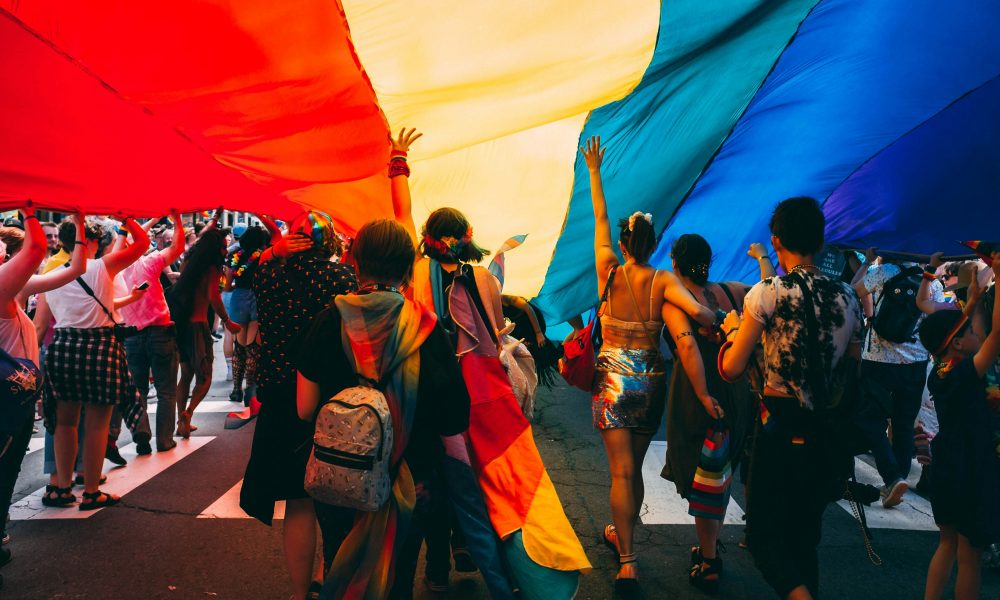Dear Parents of LGBTQ Youth…
Growing up as part of the LGBTQ community can be scary. Bigotry and hatred reside in our government offices and many young people struggle to find comfort and community. This everyday struggle can be even harder for LGBTQ teens who are still coming into themselves and identities as people. Although many of you are aware that the teenage years can be a difficult time for your kids, not all of you are equipped to support your children as they come into their identities.
Throughout this text, I will provide some easy to access and helpful tips for you all. Plus, some things to consider that a teen might be going through or thinking about in their journey. This article is not meant to scare you but this ever-changing world isn’t always kind and being aware of that makes us stronger. You all must understand this when considering your kid’s safety and the safety of many to come.
The results of the 2024 Presidential Election loom large over LGBTQ teens’ heads. With Donald Trump being inaugurated, publicly funded spaces for children may quickly start disappearing. Now more than ever, LGBTQ teens need spaces to feel safe and supported. This should start in their homes, and this is where you all step in: It may not always be easy for your teens to talk to you or reach out, which makes educating yourself imperative. This is not to say that you need to get pronouns right every time or that you need to make pop culture references to the most popular LGBTQ artists, but making an effort to understand what your teen is going through can be intangibly beneficial for your relationship with them.
As parents, your instincts when your child enters a possibly unsafe space might be to do everything possible to protect them and help them enter the space perfectly. This is in no way a bad instinct but it is always a good idea to keep your child’s privacy in mind before acting. Giving teens the opportunity to have autonomy in their process is important and can make the formative experience positive. Reaching out to teachers to speak about assimilation into a classroom can be helpful but also jarring if done without talking to your teen first. The journey of figuring out your identity is not linear; trusting that your child can do that without overt help at all times is an important step.
Your child should be able to grow into themselves outside of the walls of people who are “just like them.” To be specific, things like focus groups and in front-of-the-class introductions sometimes do more harm than good. To pointedly focus on the way that your child is different in the world can be hurtful to the way they see themselves and more powerfully amplify the voices all around them telling them they’re different. Support can mean hugs at the end of a hard day, letting your child know you’re ready to go to bat for them, and leaving spaces open to talk about their process and experience. It doesn’t have to be a barrage of awkward conversations or “helping” them meet new friends. Allowing your child to take ownership of their journey can sometimes be the most powerful thing of all.
If nothing else, take away from this the idea that your teen is still your teen and that their journey does not define them. Let their identity be a part of them, not their whole being. It is still a part of their identity which means that it’s okay to ask about it, to support it, and to be curious; however, you should also be mindful about how you go about this. Despite the common tendency to question rapidly and constantly when we encounter things we do not understand, it is important to acknowledge that it isn’t your child’s responsibility to make you understand them. Consider how you would react if your teen liked painting or sports. Would you ask about it every single day, tell their teachers and all your friends, and sign them up for focus groups? Consider that your child is exploring themselves, and, in some cases, less is more.
I can only speak for myself here, and, although in my experience, this rings true, I cannot speak for the entire LGBTQ teen community. At the end of the day, it is undeniable that the LGBTQ community needs support and everybody, including parents, should be there to back them.










